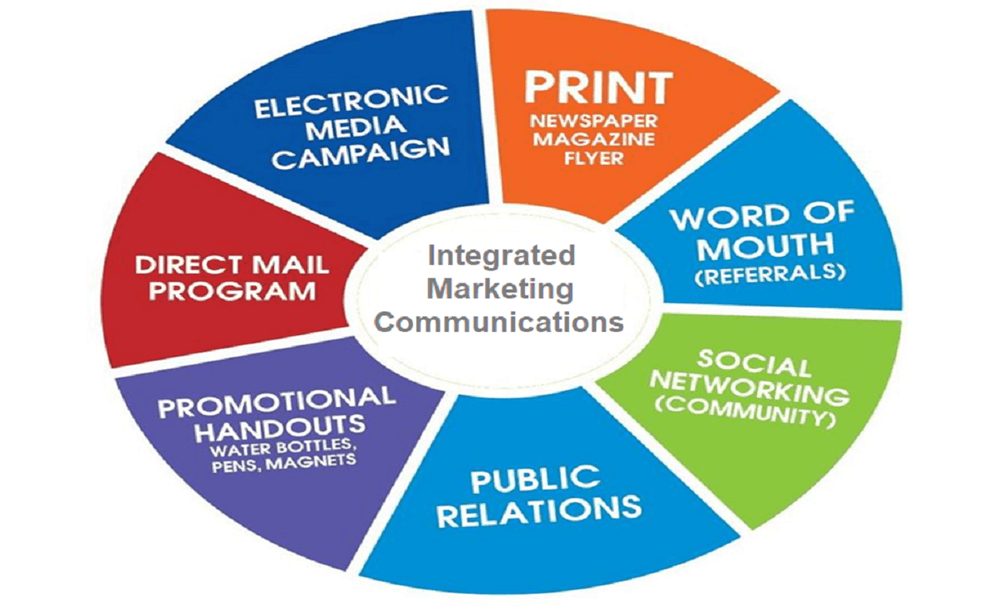
MarCom (short for Marketing Communication) is the use of various methods to promote products or services to the target audience. MarCom has various objective and marketers can make of use of various tools to help achieve those objectives.
Marcom Objectives
The most common objectives of MarCom include building a positive relationship between the brand and its target audience, to positively influence the target audience’s perception about the product.
The objectives can further vary depending on the product or service being promoted and goals of the organization.
Marcom Tools
Marketers have access to various Marcom Tools that they use in order to meet their Marcom objectives.
Commonly used Marcom Tools include Advertising, Social Media, Trade shows and personal selling, Distribution, Personal selling, Price, Product satisfaction, Introductory low pricing, Free samples and coupons, Coupons.
Advertising: This is paid promotion done using mediums such as TV, print, radio, or online.
Sales promotion: These are short-term incentives (such as coupons, discounts, or free samples) given out to consumers to encourage them to make a purchase.
Public relations: Using media or press releases to manage communication between a brand and its target audience.
Direct marketing: Tools such as email, direct mail, or telemarketing can be used to directly communicate with consumers.
Personal selling: This method involves face-to-face communication between a salesperson and potential customers.
Event marketing: Firms can sponsor or participate in an event to promote the brand and the product/s. Social media marketing: Promoting on popular social media platforms such as Facebook, Instagram, Twitter, or LinkedIn.
Influencer marketing: This involves partnering with individuals with large social media following to promote a brand or product.
Content marketing: Creating and sharing content to attract audience.
Related: Understanding Integrated marketing communications (IMC)

Marcom Objectives & Tools
Here are the various Marcom objectives and how they can be achieved by using the appropriate Marcom tools.
Marcom Objective: Facilitate the successful introduction of new brands
Marcom Tool: Brand naming, packaging, advertising, sales promotions, word-of-mouth buzz generation, point-of-purchase P-O-P) displays, and social media
Marcom Objective: Build sales of existing brands by increasing the frequency of use, the variety of uses, or the quantity purchased
Marcom Tool: Advertising and sales promotions
Marcom Objective: Inform the trade (wholesalers, agents or brokers, and retailers) and consumers about brand improvements
Marcom Tool: Personal selling and trade-oriented advertising
Marcom Objective: Create brand awareness
Marcom Tool: Advertising, packaging, social media, and P-O-P messages
Marcom Objective: Enhance a brand’s image
Marcom Tool: Brand naming and packaging, advertising, social media, event sponsorship, cause-oriented marketing, and marketing-oriented public relations
Marcom Objective: Generate sales leads
Marcom Tool: Advertising
Marcom Objective: Persuade the trade to handle the manufacturer’s brands
Marcom Tool: Trade-oriented advertising and personal selling
Marcom Objective: Stimulate point-of-purchase sales
Marcom Tool: Brand naming and packaging, P-O-P messages, and external store signage
Marcom Objective: Increase customer loyalty
Marcom Tool: Advertising, social media, and sales promotions
Marcom Objective: Improve corporate relations with special interest groups
Marcom Tool: Marketing-oriented PR
Marcom Objective: Offset bad publicity about a brand or generate good publicity
Marcom Tool: Marketing-oriented PR
Marcom Objective: Counter competitors’ communications efforts
Marcom Tool: Advertising and sales promotions
Marcom Objective: Provide customers with reasons for buying immediately instead of delaying a purchase
Marcom Tool: Advertising and sales promotions
BATheories.com is managed by a group of educators from Mumbai. We also manage the website StudyMumbai.com. Our panel includes experienced professionals and lecturers with a background in management. BATheories is where we talk about the various business theories and models for BA (Business Administration) students.